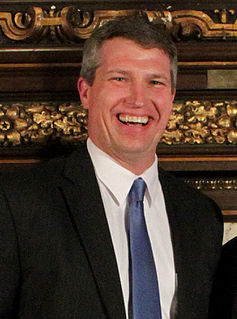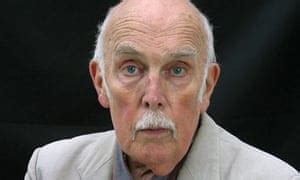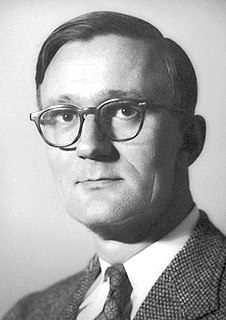A Quote by Ben Bernanke
Textbooks describe economics as the study of the allocation of scarce resources. That definition may be the 'what,' but it certainly is not the 'why.'
Related Quotes
The special sphere of finance within economics is the study of allocation and deployment of economic resources, both spatially and across time, in an uncertain environment. To capture the influence and interaction of time and uncertainty effectively requires sophisticated mathematical and computational tools.
The court has had to take a hard look at our resources and make difficult decisions balancing competing demands for resources. While our current allocation of resources to the Twin Peaks Court may not be ideal, it is an appropriate allocation when all factors are considered. While I realize this will be disappointing news to you, I can assure you the matter was given serious thought before a decision was made.
When people are running up more and more debt for housing, they call that "real wealth." It exposes what's wrong in the mainstream economics and why most of the economics that justifies austerity programs and economic shrinkage is in the textbooks is not scientific. Junk economics denies the role of debt and denies the fact that the economic system we have now is dysfunctional.
I started in the law; and the study of law, when it precedes the study of economics, gives you a set of foundation principles about how human beings interact. Economics is very useful, and I studied economics in graduate school. But without understanding the social and organizational context of economics, it becomes a theory without any groundwork.
Our supplies of natural resources are not finite in any economic sense. Nor does past experience give reason to expect natural resources to become more scarce. Rather, if history is any guide, natural resources will progressively become less costly, hence less scarce, and will constitute a smaller proportion of our expenses in future years.
Since scarcity is the basic economic problem, if it does not exist then there is no reason for my economics course. Devoting time to the study of how people use limited resources to fulfill unlimited wants and needs should help us to discover how to best utilize the resources we have at our disposal.
When you think of all the conflicts we have - whether those conflicts are local, whether they are regional or global - these conflicts are often over the management, the distribution of resources. If these resources are very valuable, if these resources are scarce, if these resources are degraded, there is going to be competition.



































